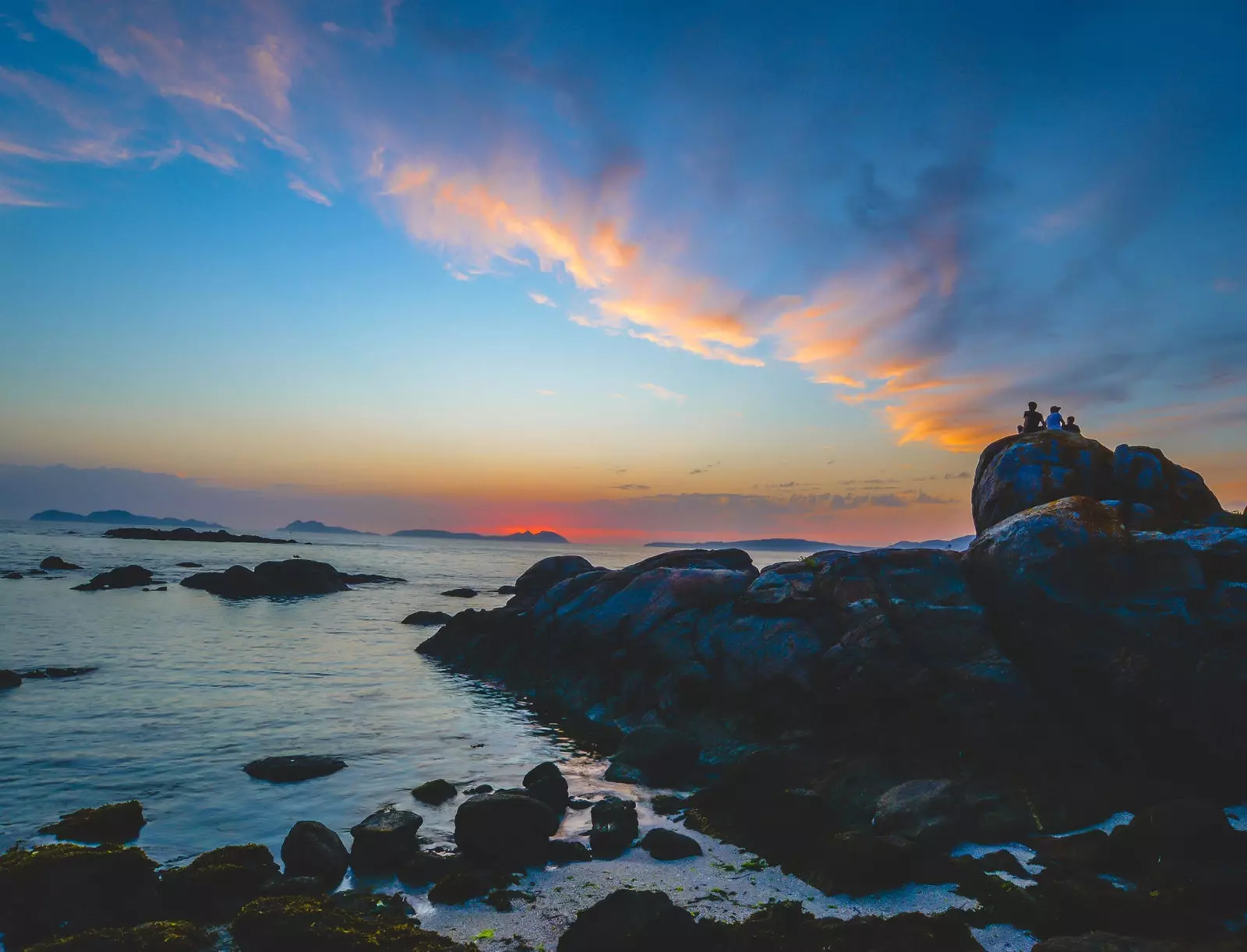
Goodbye rivers, goodbye fountains... goodbye small streams!
It is said that there is a Galician on the moon. Whether true or not, the truth is that there are Galicians everywhere: from Mexico to Japan passing through South Africa, rare is the country without its Galician community, in which there is at least one bar singing the niceties of octopus à feira where as soon as you enter they let you know "and you, whose are you?".
We Galicians have soul of travelers sometimes by their own decision, and others pushed by the economic or social situation of the moment.
Be in the country that is, a common feeling unites us: homesickness. The nostalgia of the land is something as Galician as leaving it, and no matter how hard we try, it is never overcome.
If there really is a Galician on the moon, I'm sure he misses the following 16 things too (and possibly more).
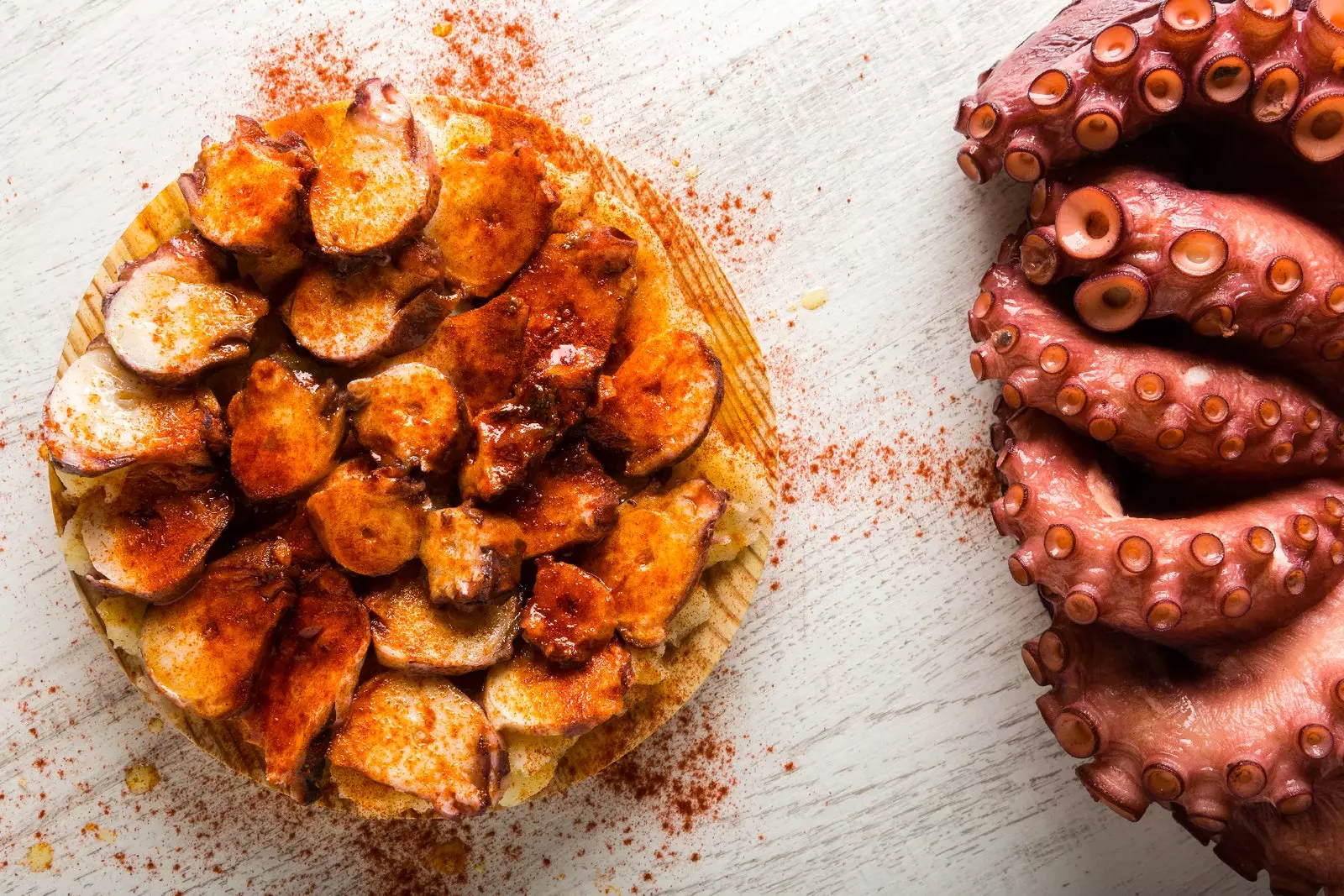
Blessed octopus à feira!
1. Dubbing into Galician. Even if you watch TVG an average of zero times a week at home, now you can't stop talking about the Galician versions of great cinema hits.
See the Terminator say goodbye with "A rañala, raparigo", Han Solo calling Chewbacca "furabolos" or hearing Vincent Vega exclaim "Con, this milkshake sucks!" They are experiences that are not forgotten.
two. Interest in your family tree. the classic question "And you, whose is it?" and slopes is common when you meet someone for the first time (especially from previous generations).
This is followed by a full-fledged investigation of who is part of your family and what your interlocutor or interlocutor knows about them.
3. The coffee liqueur and the pomace cream after eating (or at any time) . And the mixture, combination of both.
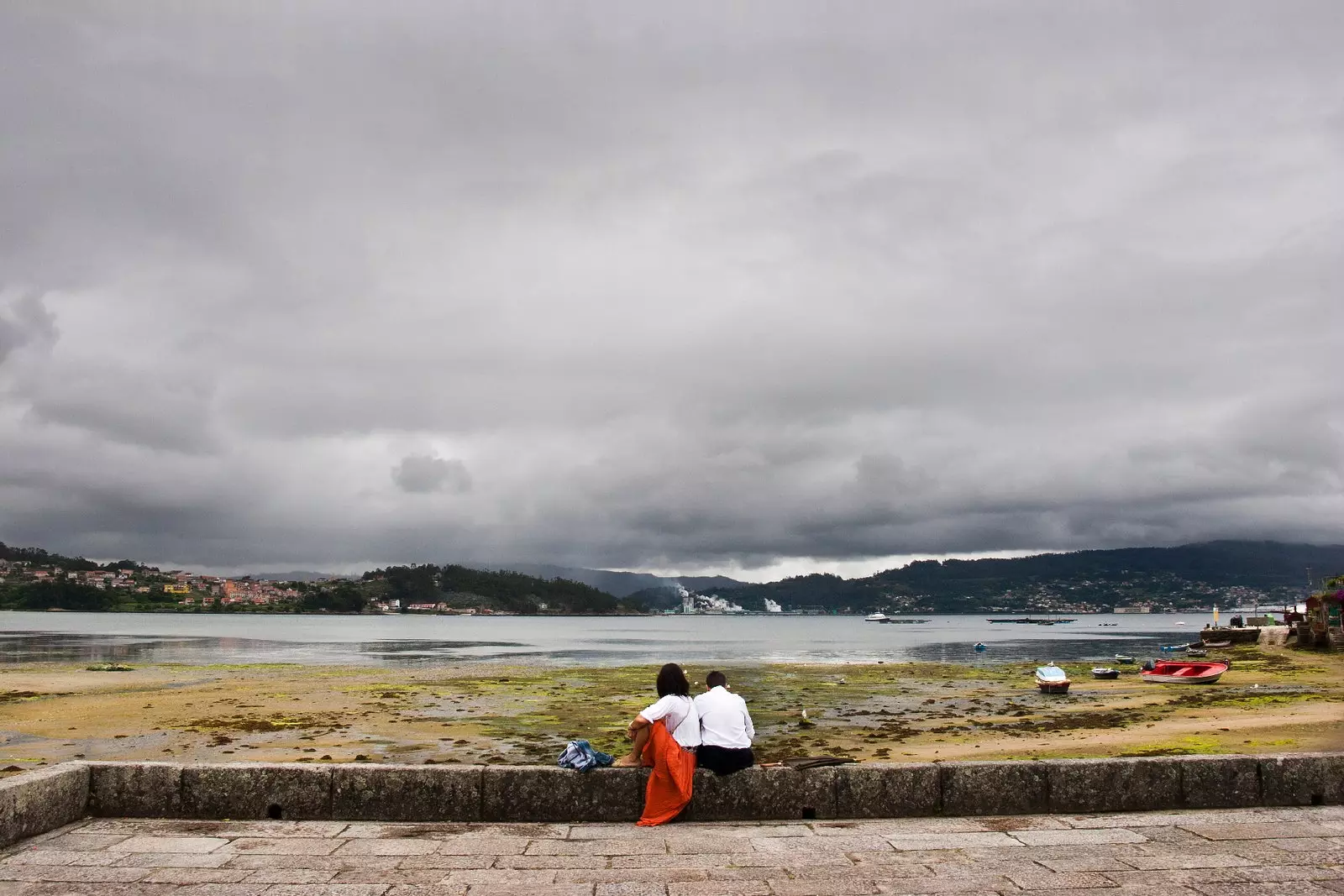
And whose are you?
Four. The types of rain. Orballo, poalla, treboada, chuvisca, torba, barruzada... Yes, they all refer to rain, and no, they do not mean the same thing. That of using a single word to refer to any kind of water that falls from the sky we do not quite understand.
5. Upside down optimism. "It will be bad" from Zamora forward may sound defeatist, but we know that it is quite the opposite.
"It will be bad" is actually an expression of hope. It attests that we are aware of the worst that could happen, but we are confident that it most likely will not happen.
6. Don't be ugly. To be rich
7. Those expressions so ours. "Where are you going, what? I'm leaving, I have to leave" they raise eyebrows in other places, but we know that they define very specific situations, feelings and issues, Impossible to describe with other words.
"It's been a while," "what?" and “I'm leaving, it's late”, they are simply not the same.
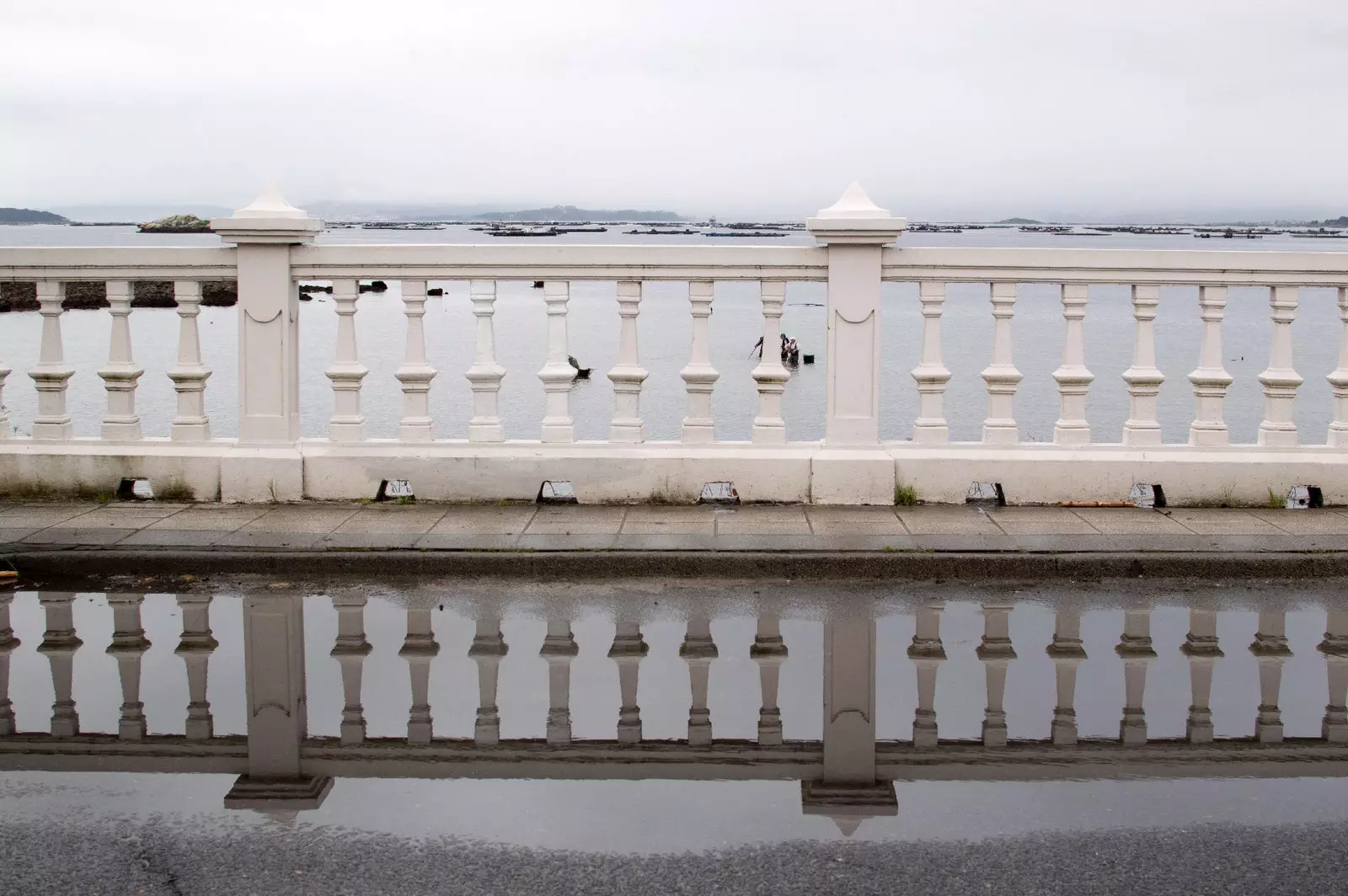
Villajuan de Arosa after the storm
8. That on Mondays there is no fish. Any purebred Galician knows more than enough that fish (and other sea products) are eaten starting on Tuesday.
On Sunday you don't go out to fish, so the fish available on Monday came out of the sea, at the latest, on Saturday. And that's not fresh even if they put ice on it. For some reason, this is not general culture.
9. The maximum of the months with R. Likewise, there is no Galician child who does not know at face value that seafood is eaten from September to April: that is, the months that have an R in their name.
In summer, seafood is only eaten by foreigners, while those of us from the land nod our heads halfway between laughter and sorrow.
10. See rapantes in the fishmongers. Is rapante an exclusive product for Galicia? And if not, why is it styled so little abroad, including other regions of Spain?
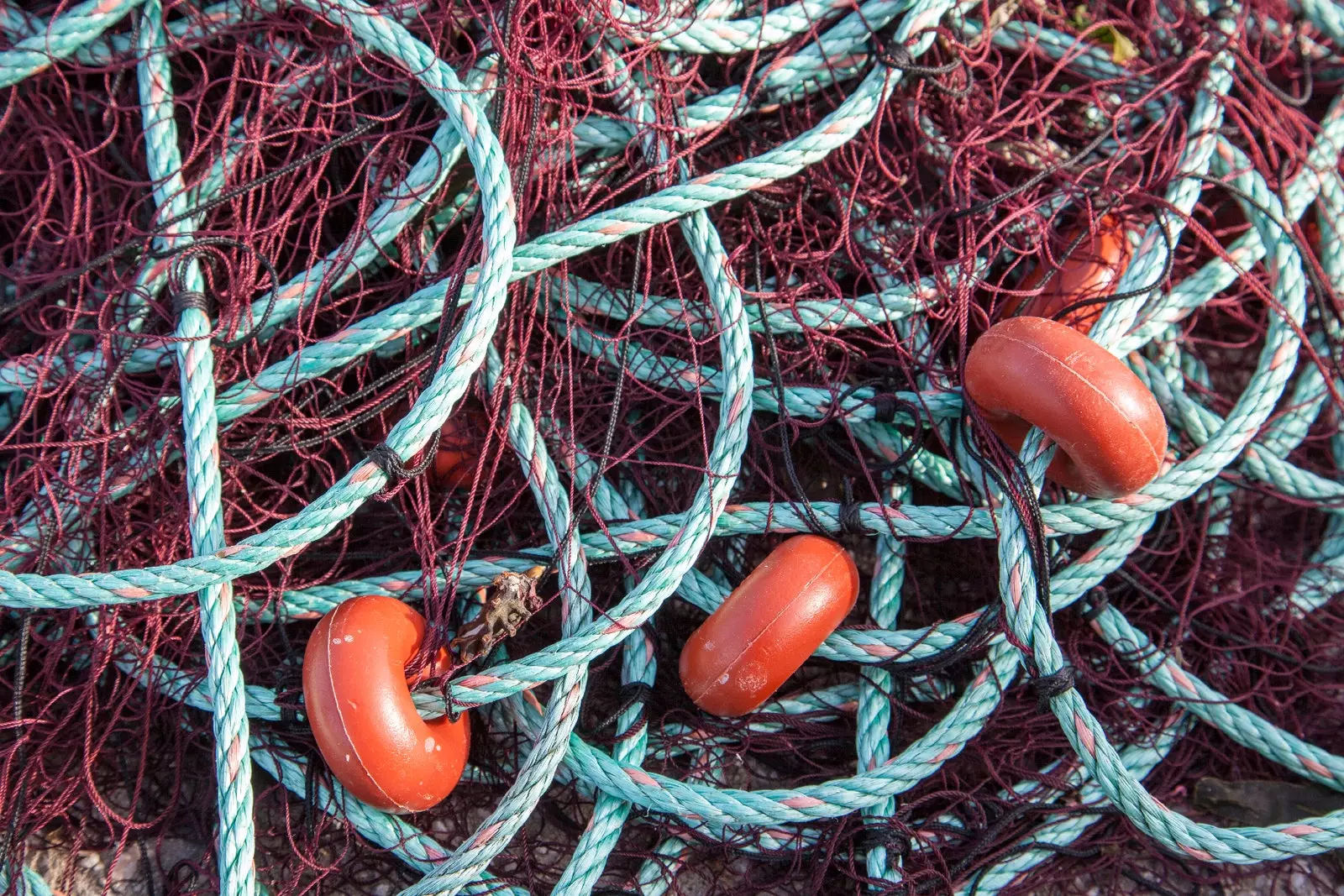
On Sundays you don't go out to fish, ergo, on Monday there is no fresh fish
eleven. The sea. The sea cannot be seen from all points of Galicia (even in the coastal cities it is not seen from all angles), but the presence of the Atlantic is latent at all times.
The moment of driving through trees and that at some point the forest ends and the sea is seen, shining, is more than an image: it is a comforting feeling.
Topical where there are, we Galicians will never stop longing to have the sea there, where you can almost touch it... even though we can't see it.
12. The 'superdos' or two for one (depending on which part of Galicia you are from). They are seen less and less, but if you have already reached your thirties you will remember those classic alcoholic packs of the Galician night: two glasses, and a can of soda to share (with yourself or a colleague) . Prices from 5 euros (for everything).
13. Going out with Rebequita on summer nights. Although the sun beats down from June to September (and no, it doesn't rain; although it can rain… Galician climate things), at night it continues to cool down. Going out in short sleeves after the sun goes down we'll never fully embrace.
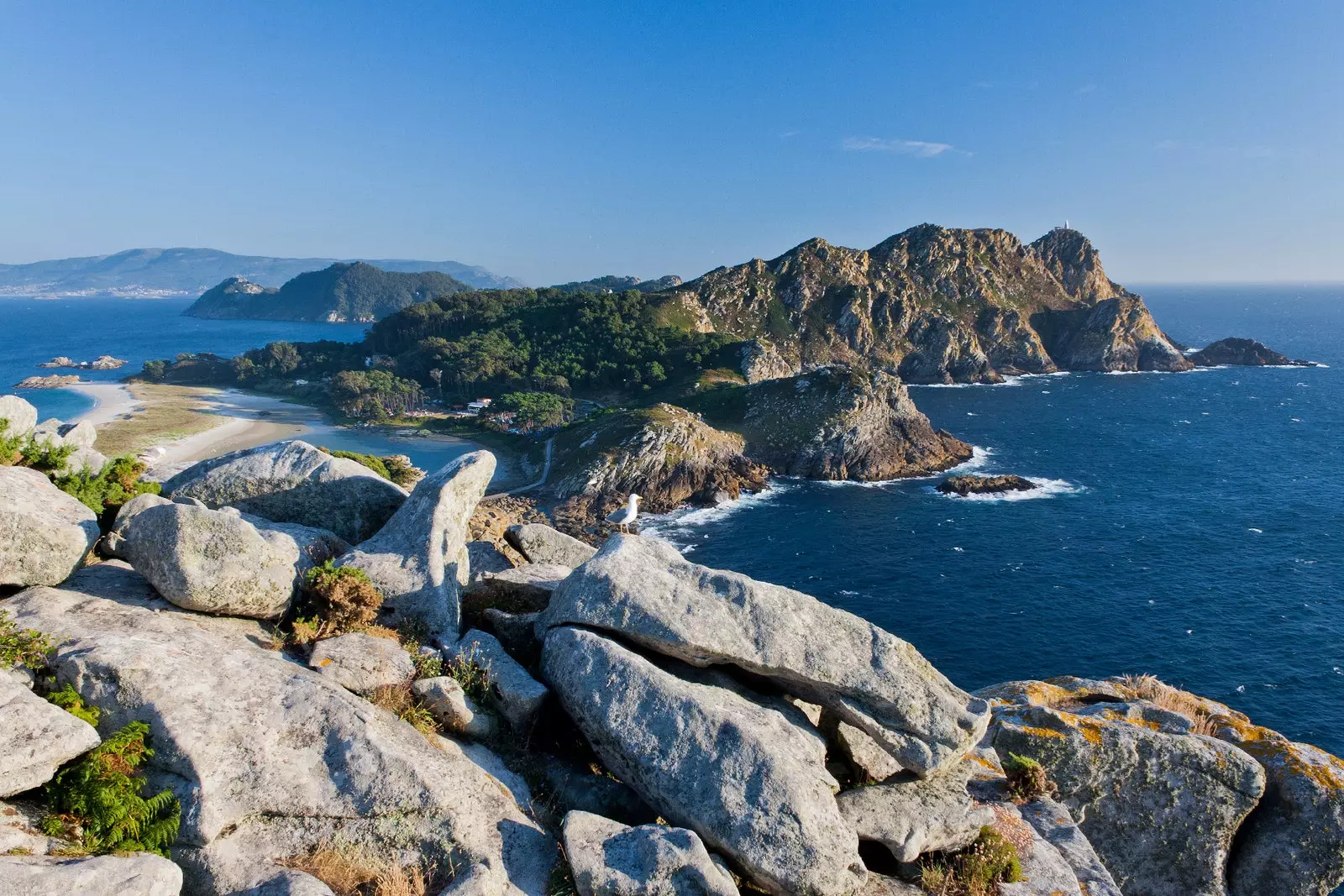
Cíes Islands: paradise
14. The sun sets at 10 pm in the summer. The time change debate may have its days numbered, but even if it comes to an end, we will always remember those dinners in the sun and the sunsets that almost meet midnight.
fifteen. The village. Family origin to which it returns on Sundays, holidays and holy days.
16. Not having to explain what homesickness is. Confusing “homesickness” with “drowsiness”, common in other regions of Spain, is enough to make us homesick (the good one).
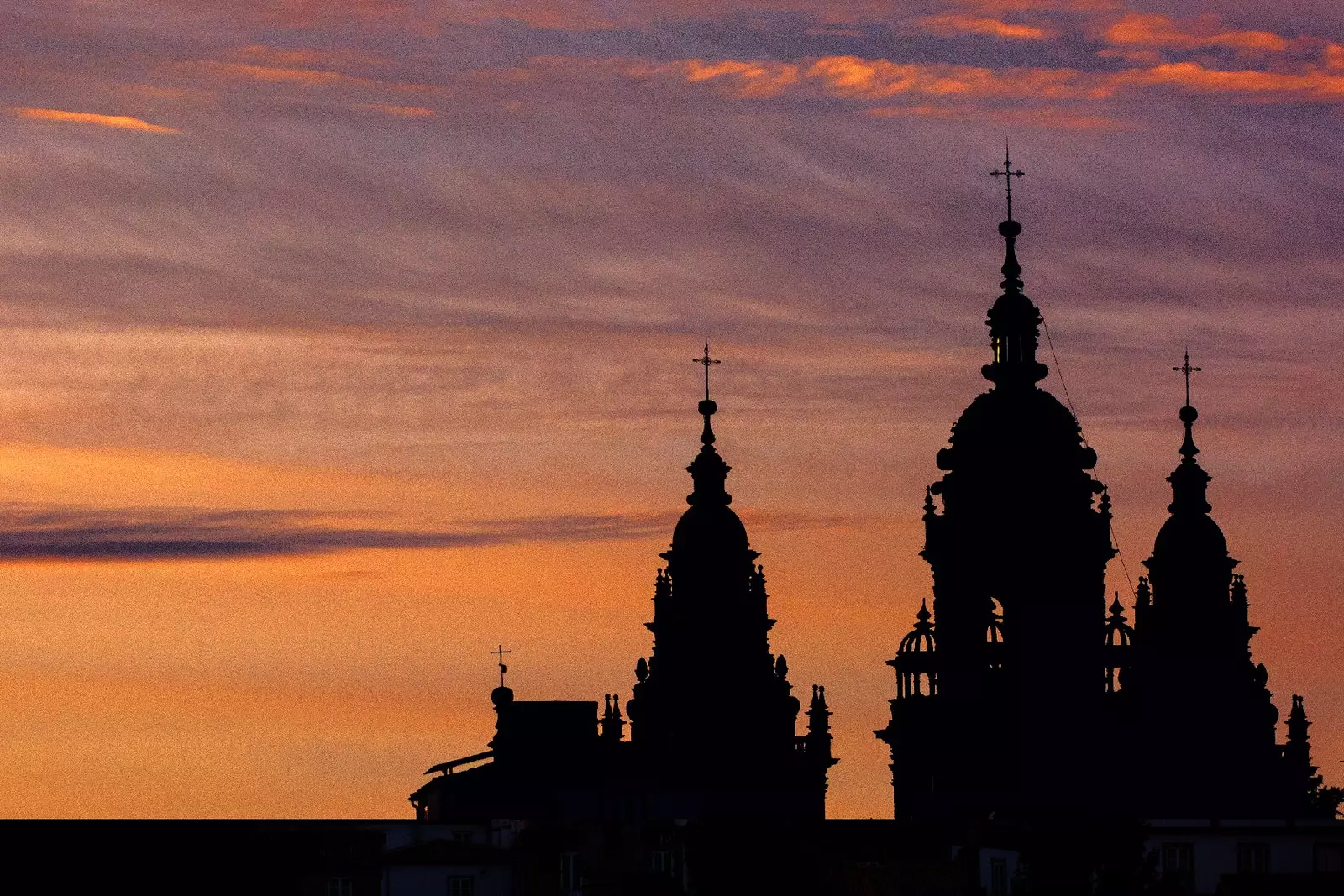
Night falls in Santiago
